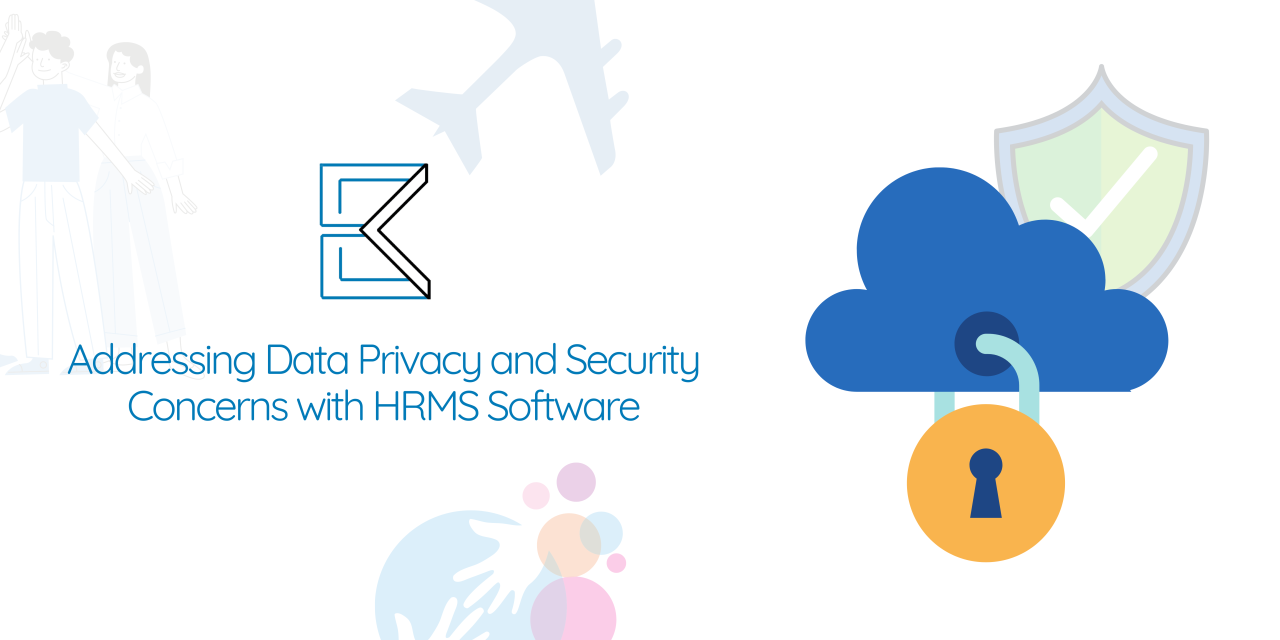Addressing Data Privacy and Security Concerns with HRMS Software
In today's digital age, data privacy, and security have become major concerns for businesses of all sizes. As more and more companies adopt HRMS (Human Resource Management System) software to manage their employees, it is important to address the potential risks and vulnerabilities that come with storing sensitive employee information on a digital platform. In this article, we will discuss the importance of data privacy and security in HRMS software and the measures that businesses can take to address these concerns.
The Importance of Data Privacy and Security in HRMS Software
HRMS software is designed to store and manage sensitive employee information, such as personal identification data, financial records, and performance evaluations. This makes it a prime target for cybercriminals who may attempt to steal or compromise this information for their own gain. Additionally, there may be legal implications if this information is accessed or leaked without proper authorization, leading to significant financial and reputational damage to the organization.
Measures to Address Data Privacy and Security Concerns
- Implement Strong Password Policies: Passwords are often the first line of defense against cyber-attacks. Businesses should enforce strong password policies, such as requiring employees to change their passwords regularly and ensuring that they are complex and not easily guessable.
- Secure Data Transfer: When transferring employee data, businesses should use secure channels, such as encrypted connections, to protect against unauthorized access.
- Limit Access to Sensitive Data: Access to sensitive data should be limited to only those who need it to perform their job duties. This can be done by implementing role-based access controls that grant employees access to only the data that is relevant to their job function.
- Regularly Monitor and Update Software: Regular monitoring and updating of HRMS software can help identify potential vulnerabilities and address them before they can be exploited by cybercriminals.
- Conduct Regular Security Audits: Regular security audits can help identify any security gaps or vulnerabilities in the HRMS software, allowing businesses to take proactive measures to mitigate these risks.
Conclusion
HRMS software plays a critical role in managing employee data and processes, but it also presents significant data privacy and security risks. Implementing strong password policies, securing data transfer, limiting access to sensitive data, regularly monitoring and updating software, and conducting regular security audits can help businesses address these concerns and ensure that their employee data is secure. By taking these measures, businesses can protect themselves from cyber-attacks, safeguard their reputation, and maintain the trust of their employees.



